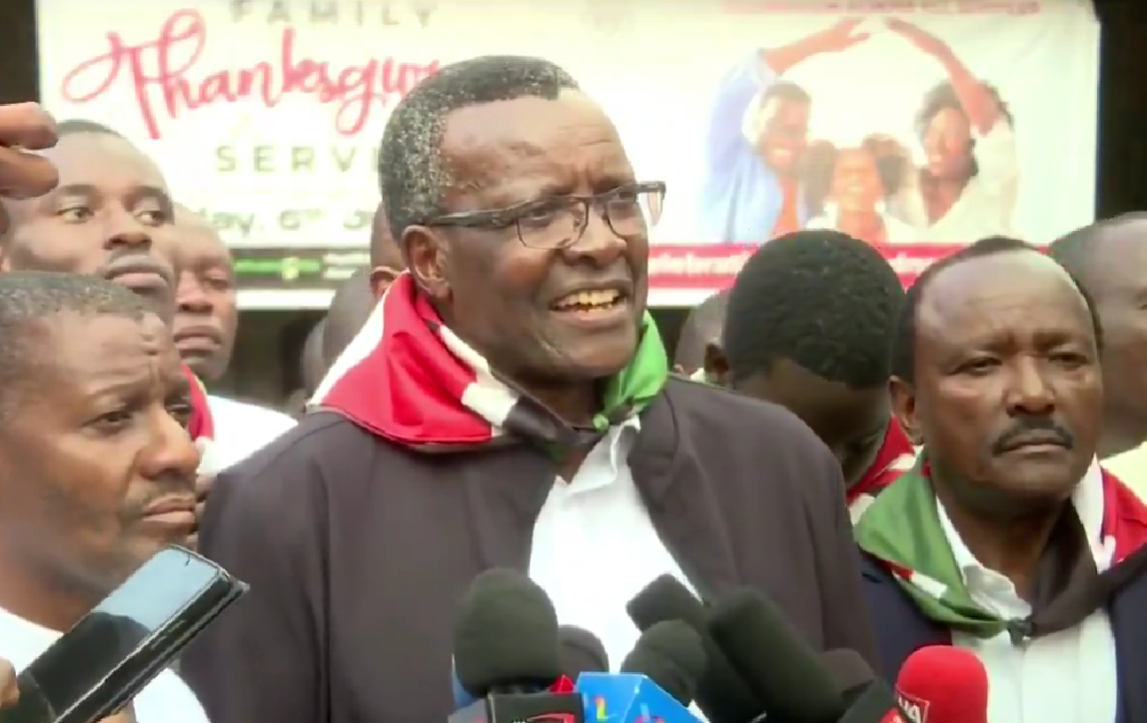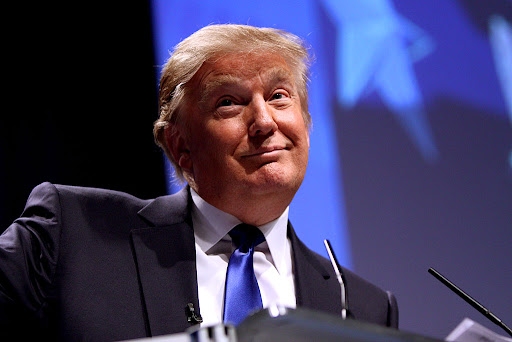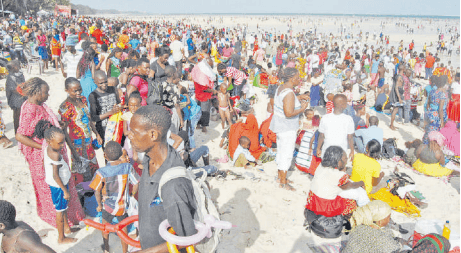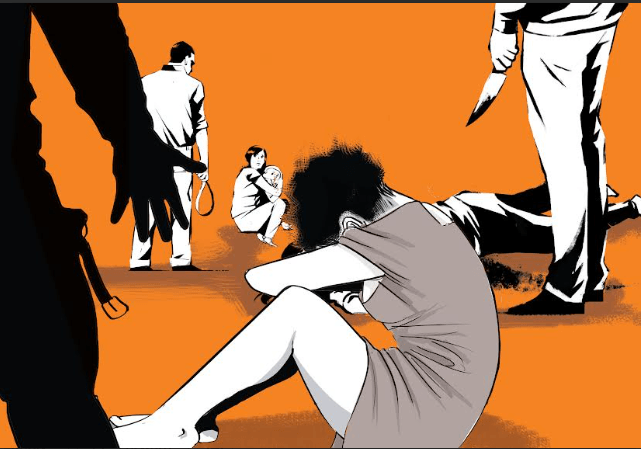
 Former Chief Justice David Maraga after attending an inter-denominational service at All Saints Cathedral, Nairobi, June 22, 2025. /SCREENGRAB
Former Chief Justice David Maraga after attending an inter-denominational service at All Saints Cathedral, Nairobi, June 22, 2025. /SCREENGRABFormer Chief Justice David Maraga has issued a passionate statement ahead of the June 25 protests, which will mark the first anniversary of the deadly Gen Z uprising against the 2024 Finance Bill.
In his remarks, Maraga appeared energised and unapologetic in support of the planned demonstrations, calling on security agencies to guarantee the safety of all protesters.
His statement comes just a day after he attended an inter-denominational service at All Saints Cathedral, Nairobi, held in honour of the young Kenyans who lost their lives during last year’s anti-government demonstrations.
The protests, which erupted in June 2024, were driven by outrage over what many viewed as punitive taxation under the now-infamous Finance Bill.
Dozens were killed or injured in the weeks-long standoff between police and defiant protesters, most of them youth.
“I am grateful to the clergy and the families of our heroes for organising the inter-denominational service at All Saints Cathedral, where I joined other leaders Kalonzo Musyoka and Eugene Wamalwa in paying tribute to those murdered during the Gen Z uprising against economic oppression and the Finance Bill last year,” Maraga said.
He stressed the importance of remembering the victims and warned against collective amnesia.
“We cannot and should never allow for erasure of memory,” he said, quoting Czech writer Milan Kundera: “the struggle against oppressive power is the struggle against forgetting.”
Maraga extended condolences to bereaved families and offered prayers for the healing of those still grappling with the physical and emotional scars left by the protests.
“May God continue to comfort the families who lost their loved ones in this struggle. May He continue to heal those injured and the many still dealing with trauma endured since last year,” he said.
As the country braces for another wave of protests, Maraga reminded the government of its constitutional obligations.
He urged the authorities to protect demonstrators and condemned the violent suppression witnessed during the June 17 protests, which were called in response to the death in custody of blogger and teacher Albert Ojwang’.
Ojwang’, 31, died under unclear circumstances after being arrested in Homa Bay for allegedly defaming Deputy Inspector General of Police Eliud Lagat, who has since stepped aside as investigations continue.
His death sparked public outrage and renewed scrutiny of police brutality.
During the protests to condemn his killing, individuals suspected to be hired goons infiltrated the peaceful demonstrations and committed brazen acts of criminality—mugging pedestrians, looting businesses and vandalising city infrastructure in full view of anti-riot police, who appeared complacent.
In a particularly disturbing incident, a face mask vendor was shot in the head at close range by two police officers outside Imenti House on Moi Avenue.
He remains in critical condition at Kenyatta National Hospital (KNH).
“The armed militias that terrorised protesters on June 17 have no place in our country. The police and security forces must restrain from using force and ensure the safety and security of all protesters,” Maraga said.
The former CJ's open endorsement of the protests is likely to embolden demonstrators and intensify calls for justice and accountability.
He ended his statement with a rallying call: “Tuonane June 25!”
His voice adds to the growing demands for reform and underscores that civil liberties—particularly the right to protest—remain central to Kenya’s political discourse, one year after the bloody revolt that shook the nation.


















